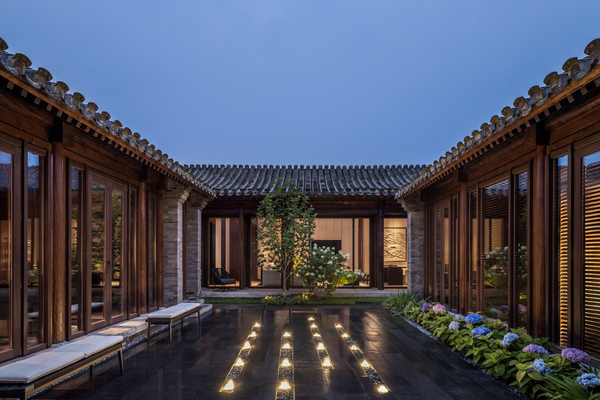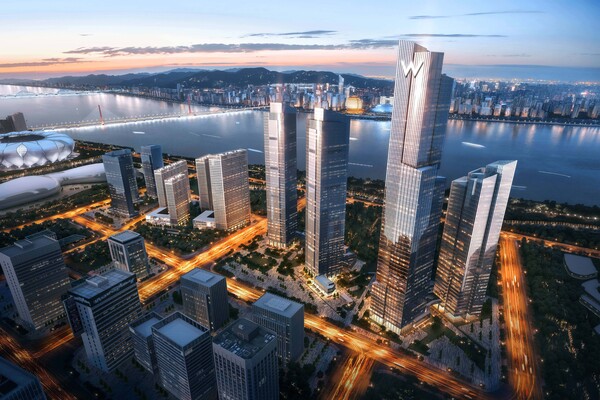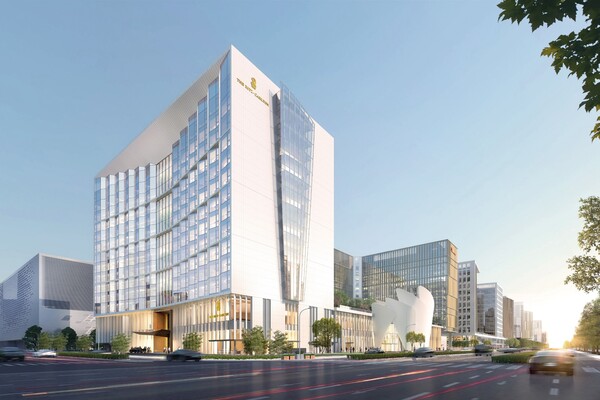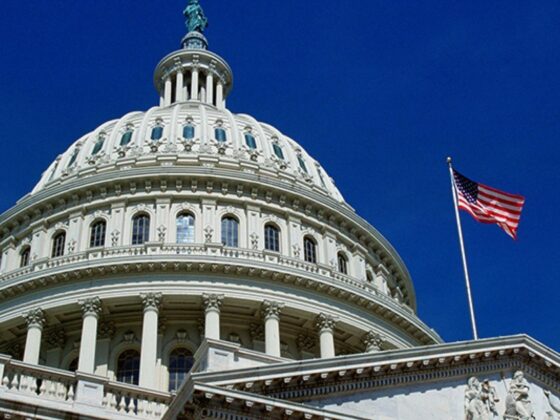In Chinese culture, the red dragon is a symbol of good luck and happiness. Lately, it’s been more belch than brimstone, but the fire appears to be returning.
“China’s economy has been on a knife-edge the last few years, ever since the real estate bubble started to rear its ugly head,” said Tareq Bagaeen, who is a senior consultant with benchmarking firm HotStats and founder and CEO of aQedina. “The country’s economy is still growing—just not as fast as it had been.”
Although Marriott and Hilton adjusted their outlooks earlier in 2024 in response to a softening, industry experts see this slowdown as a blip, not a longer trend, due to temporary issues of a lagging recovery in domestic travel, particularly in second-and third-tier cities, and the limited number of international visitors.
After all, 2023 was a good year, Bagaeen noted. “It was a solid constant with increased profitability across the board and across all asset classes.”
Still, there is the concern of a more pronounced hangover, but one that should dissipate as 2025 matures. “China’s weakness appears to be a shorter-term impact that could last into next year potentially,” said Michael Bellisario, director, senior research analyst, hotels, global brands and real estate at Baird Equity Research. “The longer-run secular drivers for more travel and more spending are still intact and positive. Brands see the long-term growth potential of the country and the benefits of having more dots on the map to capture a greater share of intra-China travel, as well as more inbound international travel.”

BUILDING, SUSTAINING
Mainland China’s rebound continues gaining momentum, with international hotel groups, and home-grown brands, such as Mandarin Oriental, on rapid trajectories to open properties and capture anticipated market growth. As asset-light franchisors in China, Marriott International, Hilton, IHG and others don’t carry the financial risk of investing in their hotels, since most are built with hybrid ownership models between provincial government departments and Chinese private investment companies.
“Some years ago, Chinese provincial governments had land in the middle of their cities but not necessarily the money to develop hotels, so they partnered with private Chinese investment firms and brought in operators—some Chinese, some international,” said Bagaeen. In many cases, Bagaeen said that private corporations fully own both the land and the hotel.
“There’s always government involvement,” he said, “but the private sector drives much of it and hotels still make money. Many people in China, just regular people, have made a lot of money over the last several years due to real estate values growing by double digits and affecting their income and net worth. As long as hotels remain profitable, investors want to put their money there.”
This is good news for operators with flourishing portfolios. In the first half of 2024, for example, Mandarin Oriental Hotel Group generated an overall 13% year-over-year revenue increase in Asia, in which China is a key market, according to the brand’s group CEO, Laurent Kleitman. “Greater China now makes up a sizable amount of our total revenue and is the second largest market after the U.S.,” he said.

Mandarin Oriental currently has 41 hotels in 26 countries and is aligning all of its operational sustainable commitments with the United Nations’ Sustainable Development Goals. Having achieved GSTC-Committed status with the Global Sustainable Tourism Council, Mandarin Oriental received GSTC Certification for 15 hotels in 2024 and aims to have all properties across its portfolio certified by 2025.
The Mandarin Oriental Qianmen, Beijing, opened in October 2024 and is known for its hutong layout, the traditional atmospheric passageways linking the individual courtyard houses that serve as guestrooms. The hotel marks the group’s 10th property in Greater China and its second in Beijing following Mandarin Oriental Wangfujing. Since Kleitman joined the group in September 2023, Mandarin Oriental has announced five new projects, bringing its total hotels under development to 31 and with numerous others to be announced soon. Mandarin Oriental’s pipeline of further developments opening in China in the coming few years includes Tianfu in Chengdu, Hangzhou and Nanjing. In December, it announced the option to sign two additions to its portfolio in early 2025: Hôtel Lutetia in Paris and the Conservatorium Hotel in Amsterdam.
By comparison, Marriott is ubiquitous across Greater China’s hotel landscape with more than 550 properties and 24 distinct brands. “Our pipeline in the region is strong, and we saw record signings in the first half of the year, particularly in our select-service brands and conversions,” said Bart Buiring, managing director, luxury, Greater China, Marriott International. In the five-star realm, 2024 has brought signings of the Ritz-Carlton Beijing, North; the W Sanya; and the W Hangzhou. The group will also bring Ritz Carlton Yachts to key Asian destinations in the next few years.
Marriott has also formed a partnership with Delonix Group, a leading Chinese hotel operator. “We will affiliate over 100 full-service Delonix hotels with Marriott’s Tribute Portfolio over the next ten years,” said Buiring. “We expect franchising to accelerate in a number of markets across Asia Pacific, including China.” The first three projects under this strategic cooperation agreement are underway and are expected to be unveiled by early 2025 latest.

CORPORATE COMEBACK
Given that China is a country powered by manufacturing industries, it’s not surprising that business travel is back. Bagaeen said 2024 numbers are well ahead of 2019, including for MICE meetings. However, that’s not necessarily a market for international hospitality brands. “Inbound business is heavily driven by government delegations for government travel and they like to use Chinese hotel chains, such as Jinjiang and H World that have hundreds of thousands of rooms, including five-star hotels, because they’re local and keep the money within the domestic market,” he said.
Historically, Hong Kong has been viewed as an entity unto itself, but times have changed. Bagaeen said it’s doing well but has struggled quite a bit since the yellow umbrella protests of 2014 when large corporations, such as PwC, Ernst & Young, Exxon and Apple, moved their Asia hubs to Singapore due to the unrest and policy changes. Regulations have been updated in recent years to facilitate banking and encourage SME companies, startups and different kinds of organizations to do business.
“Hong Kong is finding new and exciting ways to continuously drive the economy upwards,” Bagaeen said. “[It] outperforms Shanghai and Beijing, but there’s one issue, which is cost.” For example, on average, he said, food is about 15% to 20% higher than in Shanghai. It’s not the cost for a customer to eat in a restaurant; rather, the cost for the hotel operator when it comes to running the restaurant, which affects profitability. “But Hong Kong is still the gateway for China and it will always have a place in the world,” he said.
Luxury hotels’ occupancy levels have yet to fully return to pre-pandemic levels, due, in some extent, because China was amongst the last countries to reopen after the pandemic and the demand for five-star properties is strongly driven by leisure travel. However, the last year has brought loosened visa eligibility for about a dozen countries as part of a wider strategy to bring back global holidaymakers.
“While China as a whole is not yet at full pre-pandemic revenue and profit levels, if you look at tier-one cities, like Shanghai and Beijing, they’re solid,” said Bagaeen. “On average, they’re a few points below or even a few points above 2019/2020 levels, but second-and third-tier cities, depending on their location, are still at about 90-95% of 2019 levels.”
Come Chinese New Year 2025, those numbers are expected to exceed those from Chinese New Year 2019.
Story contributed by Alicia Sheber.








